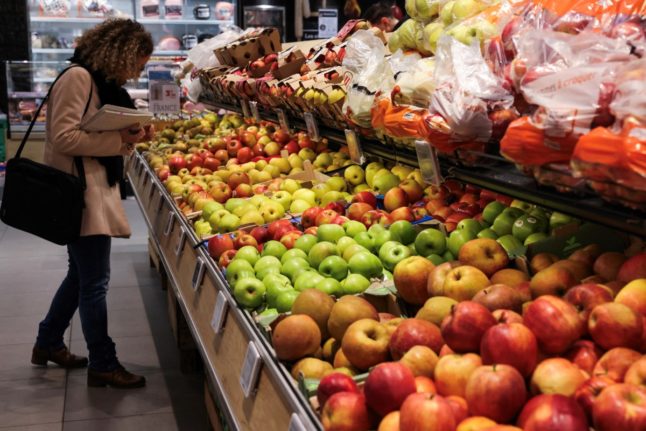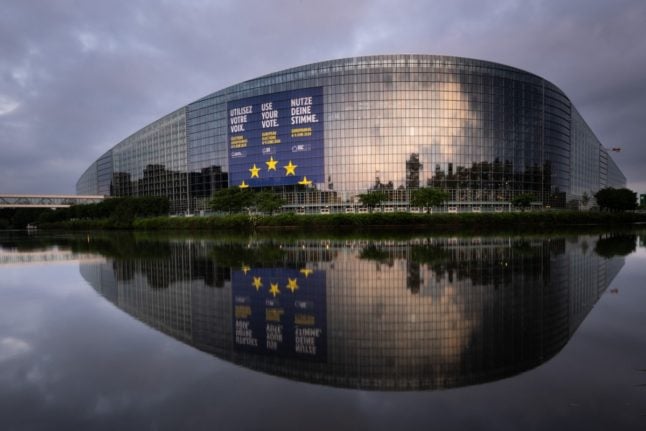“The Egalim laws rebalance things, but they must be further strengthened,” Attal said during a press conference detailing the implementation of the government’s promises, following recent nationwide protests by farmers.
The Egalim changes were part of a package of measures announced on Wednesday in an attempt to head off further protests by farmers.
Latest French farmers re-start protests and roadblocks
So what are the ‘Egalim laws’?
Essentially they control the price of food for French consumers and are an attempt to limit the power of large supermarket chains and wholesalers and protect France’s farmers.
In some countries, including the UK, the price of fresh produce is often dictated by the supermarket chains, leaving farmers little choice about the price they get for their goods.
In France, the law attempts to give more power to the people who produce items like fruit, vegetables, milk and meat. Visitors from countries like the UK and USA often notice that fresh produce is more expensive in French supermarkets, and the Egalim law is part of the reason why.
Attal said on Wednesday: “We cannot accept […] that a manufacturer agrees a price with a distributor before turning to the producer to impose this price.
“The construction of the price must start with the producer and the industrialist, then large-scale distributors.”
Egalim I
The first Egalim law, enacted in 2018 aimed to redress the balance of power between producers and supermarkets. Under this law, it is farmers, grouped into producer organisations, who propose a sale price based on their production costs.
The law also provides a stricter framework for promotions, and obliges supermarkets to make at least a 10 percent margin on all food products – so they can pay better rates to manufacturers and producers.
French laws are often named after the politicians who passed them – eg the Loi Veil which legalised abortion or the Loi Toubon which regulates the use of the French language – but in this case Egalim is not a person, but a contraction of États Généraux de l’alimentation (general assembly of food).
Egalim II
A year after the first Egalim law was passed, an assessment by the French Senate found that “not enough had been done”.
So, a second Egalim law was passed in 2021, intended to reinforce the first law, notably by prohibiting negotiation on the cost of raw materials – such as meat or milk.
Descrozaille, or Egalim III
The Descrozaille law, also known as Egalim 3 and passed in 2023, goes even further, by allowing deliveries to supermarkets to be stopped if they wish to buy cheaper.
Have they worked?
The constant tinkering – coupled with the farmers’ fury and Attal’s consequent announcement on Wednesday – suggest that the laws are not working as intended.
Farmers have long said that checks to ensure the existing laws are being applied are not being carried out. Ahead of any new bill in the summer, Finance Minister Bruno Le Maire has promised that the government will step up controls to ensure existing laws were being met.
The parliamentary ‘evaluation mission’, entrusted to MPs Alexis Izard (Renaissance) and Anne-Laure Babault (MoDem), is expected to announce its findings in the Spring.
READ ALSO ANALYSIS: ‘Farming doesn’t feed us’: The story of France’s ailing agriculture



 Please whitelist us to continue reading.
Please whitelist us to continue reading.
Member comments